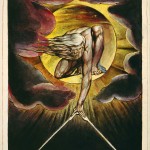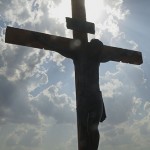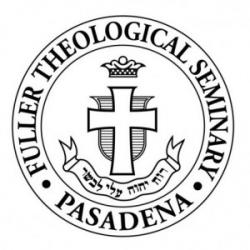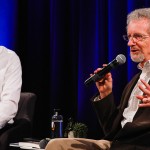This is the second installment of a series of posts by Dr. Yong on the theme of the “Holy Spirit and Mission in Canonical Perspective.” To see all posts in this series, click here.
Genesis 41:38 – Joseph and the Spirit: The Mission of God in the Torah
The divine spirit appears thrice in the book of Genesis: once in Genesis 1:2, a second time in Genesis 6:3, and a third time in a question that the Pharaoh of Egypt poses to his servants: “Can we find anyone else like this—one in whom is the spirit of God?” (Gen. 41:38). Pharaoh himself clarifies in what follows that one in whom the divine spirit resides is “discerning and wise,” and is thus deserving to “be over my house, and all my people” (v. 40); hence Pharaoh proclaimed to Joseph, “without your consent no one shall lift up hand or foot in all the land of Egypt” (v. 44), and gave him “authority over the land of Egypt” (vv. 44-45). Clearly, the inhabitation of God’s spirit was remarkable, even to a pagan like Pharaoh, and Joseph was essentially elevated to the position of vizier (prime minister) of the land.
The main lines of the Joseph story up to now can be quickly recalled. He was the favorite of his father Jacob, susceptible to dreams (and their interpretations) that exacerbated the jealousy of his eleven other brothers, and as a result got sold off by them to traders that in turn peddled him in Egypt to Potiphar, “one of Pharaoh’s officials, the captain of the guard” (Gen. 37:36). Because he did not give in to the seductions of Potiphar’s wife, he was thrown in prison. But while there, he correctly interpreted the dreams of two co-prisoners, the king’s cupbearer and baker, and the former later recalled Joseph’s abilities when Pharaoh himself had dreams that troubled him and no viable interpretations were forthcoming from his court. Joseph not only interprets Pharaoh’s dreams but also commends to him an administrative plan for responding to the famine portended by the dreams.
Note that Pharaoh identifies Joseph as one who has the divine spirit not merely because he has dream-interpretive capacities but because he is sagacious with regard to what ought to be done in anticipation of what the dreams say will come to pass. The narrative is silent about how Joseph might have cultivated such astuteness and prudence but the witness to the presence of the spirit of God his life invoked suggests that the gaining of such wisdom emerged at least in part through the difficult life circumstances that he had experienced. We don’t know if or to what degree Joseph himself might have sought specifically after God’s spirit, but Pharaoh’s concludes, according to the conventions of his place and time, that the insight and knowledge he manifests could be explicable only given the presence of divinity.
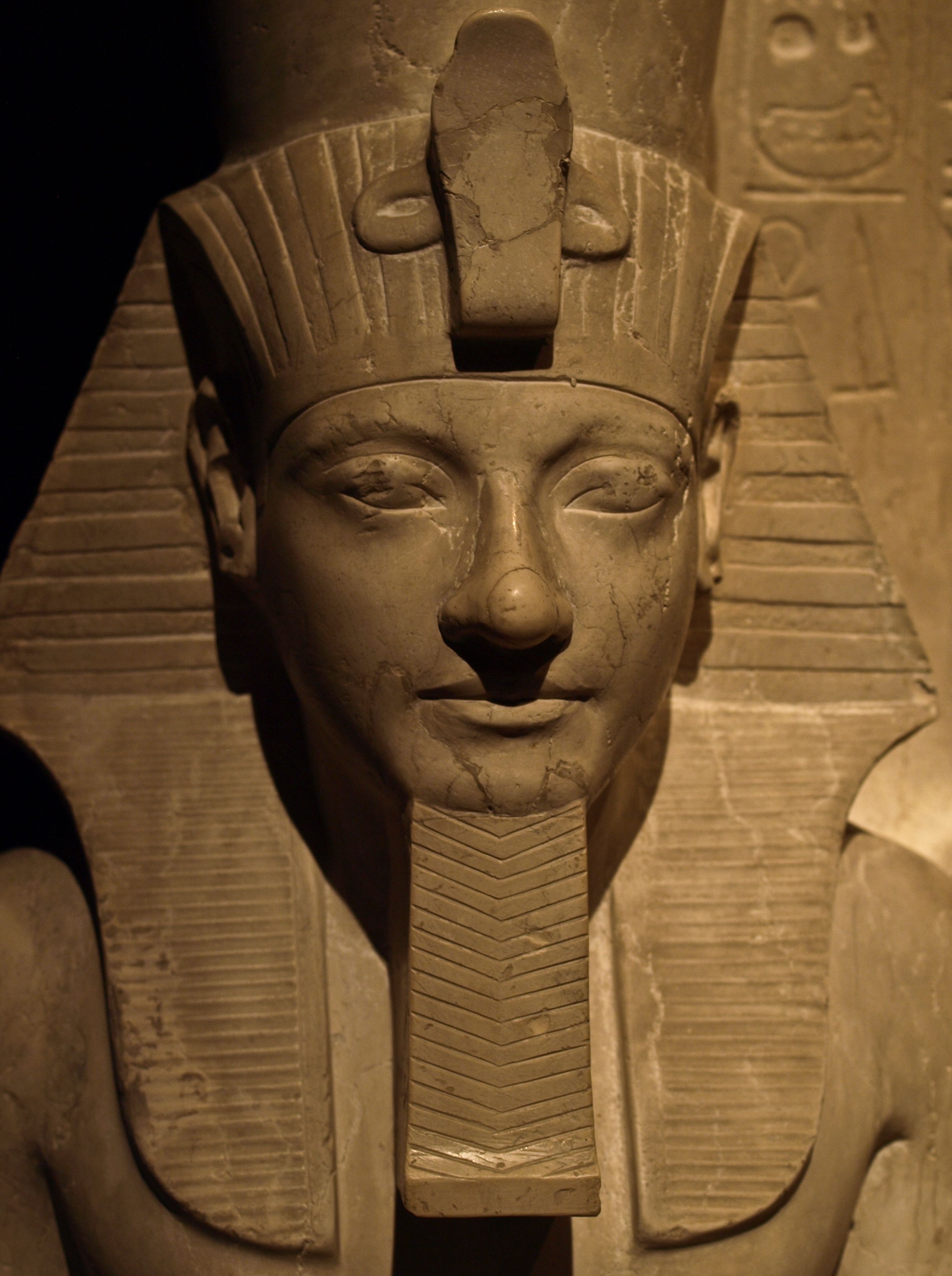
To be sure, Pharaoh’s claim asserts nothing more than the recognition that divinity in general – ruah Elohim, to be exact – resided within Joseph. This tells us little beyond the fact that Pharaoh, and the Egyptian religious culture of his time, acknowledged that Elohim might be involved with human endeavors and that, in this case, Elohim had sent warnings via the dreams and provided interpretation of such for the sake of the people. Egyptian pneumatology, from this point of view, is equivalent to Egyptian theology.
Yet a biblically framed pneumatology of mission would note also that pagans have a basic ability for spiritual discernment. Such might be no more than the premonition of divinity based on a clear display of the cross-culturally agreed upon virtues, although even in these cases, such associations would only ensue given preexisting religious or spiritual dispositions. From a missiological perspective, Pharaoh-like discernments are bridges for exploring the whences and whithers of the divine wind that are otherwise difficult to track.
The presence of God’s spirit with Joseph in the land of Egypt is also missiologically pertinent against the wider backdrop of his being the son of Jacob, or Israel, and thus within the lineage of Abraham. If the election of Abraham is understood as initiating a redemptive sequence of events in a post-diluvian world, the particularity of this choice is immediately shown as intertwined with God’s intention to bless the world. Thus the promise was not only to make of Abraham a great nation (Gen. 12:2; cf. 17:4-6) but also that, “in you all the families of the earth shall be blessed” (Gen. 12:3). The guarantee of blessing for the entire world is multiply repeated to Abraham and his descendants in the patriarchal account (Gen. 18:18b to Abraham; 26:4b, to Isaac), even if such assurance is also somehow contingent on Abraham’s obedience (Gen. 22:18).
Might we then consider the presence and activity of the divine spirit in and with Joseph to be a sign that God is continuing to bring about his promise of blessing to the world even if through the exile of his chosen people? This stay in Egypt turned later into the first of many exiles for Israel. And although Jewish commentators have been vexed about the rationale for this exile, foretold actually by God (Gen. 15:13), it is difficult to avoid the conclusion that the preservation of Israel in and through their Egyptian sojourn emanates “a shining example of light and hope to the whole world” (Theodore Steinberg, “End of Exile?” Jewish Bible Quarterly 34:2 (2006): 132).
Much more can and ought to be said about the mission of God inaugurated both in the creation and patriarchal narratives of Genesis. From a pneumatological perspective, however, the creator spirit is also the redeeming spirit, present and active even in and through the most trying times when the hand of God is only opaquely discernible, if at all. And this redemptive spirit works on behalf not only of God’s people but also for the sake of the world.
Amos Yong came to Fuller Seminary in July 2014 from Regent University School of Divinity, where he taught for nine years, serving most recently as J. Rodman Williams Professor of Theology and dean. Prior to that he was on the faculty at Bethel University in St. Paul, Bethany College of the Assemblies of God, and served as a pastor and worked in Social and Health Services in Vancouver, Washington. Yong’s scholarship has been foundational in Pentecostal theology, interacting with both traditional theological traditions and contemporary contextual theologies—dealing with such themes as the theologies of Christian-Buddhist dialogue, of disability, of hospitality, and of the mission of God. He has authored or edited over 30 volumes.
Follow Fuller Seminary on Twitter at @fullerseminary.

